In the 1950’s, Joseph Tuohy began making period reproductions for religious institutions that needed one-off pieces for their sanctuaries. Unrelenting sawdust proved too much for his wife and the small enterprise moved into an abandoned blacksmith’s shop in Chatfield, Minnesota. It was at this point that Joseph realized there was more potential outside of the regional area and sent his son F. Mike, aged 17, to New York to experience and research that market.
History
The story of Tuohy starts with its founder, Joseph F. Tuohy, who at age 14 entered a model replica of Louis XIV’s coach in a competition for children sponsored by Fisher Body. He was fortunate; he won. However, one judge doubted that a child built the model. Townspeople in Chatfield, Minnesota, knew differently; he was a dreamer...and a doer.
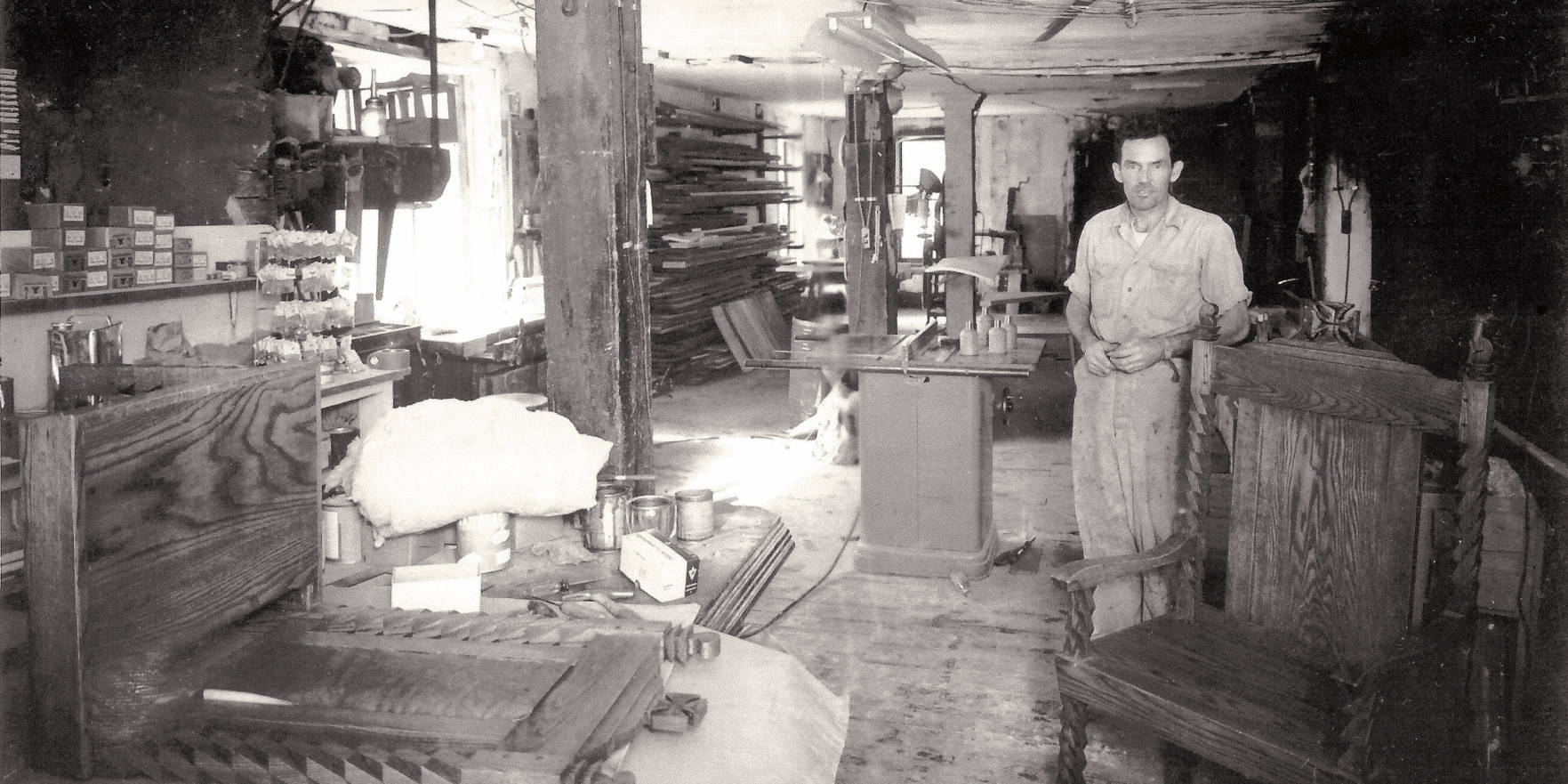
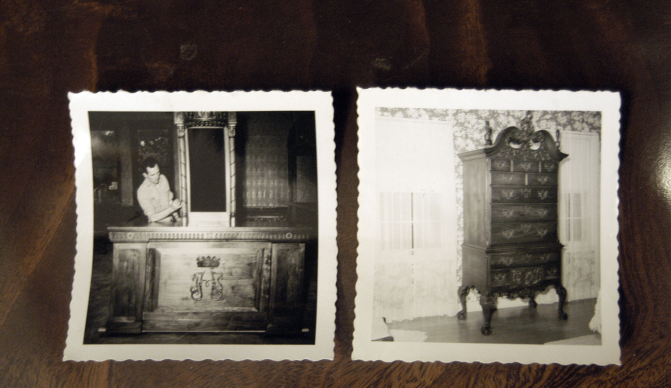
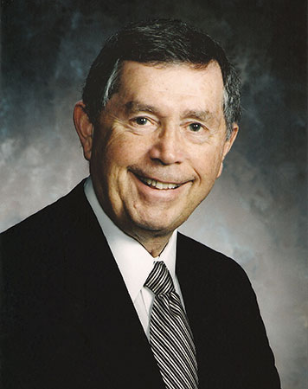
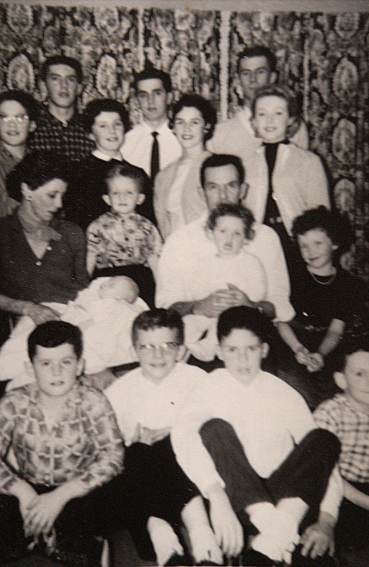
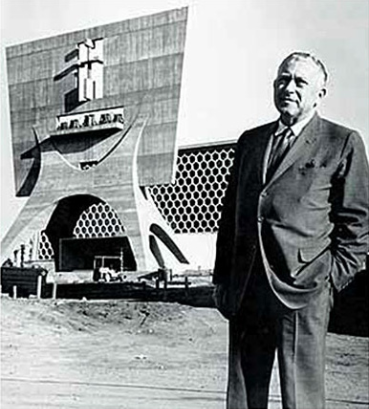

Mike returned with a love for the city and the unlimited potential it presented. During this time Marcel Breuer, Hungarian-born giant of Bauhaus architecture, had received a commission for a Benedictine abbey in central Minnesota. Joseph Tuohy was selected to provide all the wood furnishings. It was a lifetime opportunity–a dream come true.
By this time, his son, F. Mike, had formally joined the firm. Inspired by his early experiences in New York City, he was attracted to the high-end design presented by firms that pioneered New York’s original Designers’ Saturday – ICF, Stendig, Atelier International, and others. This exposure and collaboration with fine design was a critical junction in the making of Tuohy’s identity.
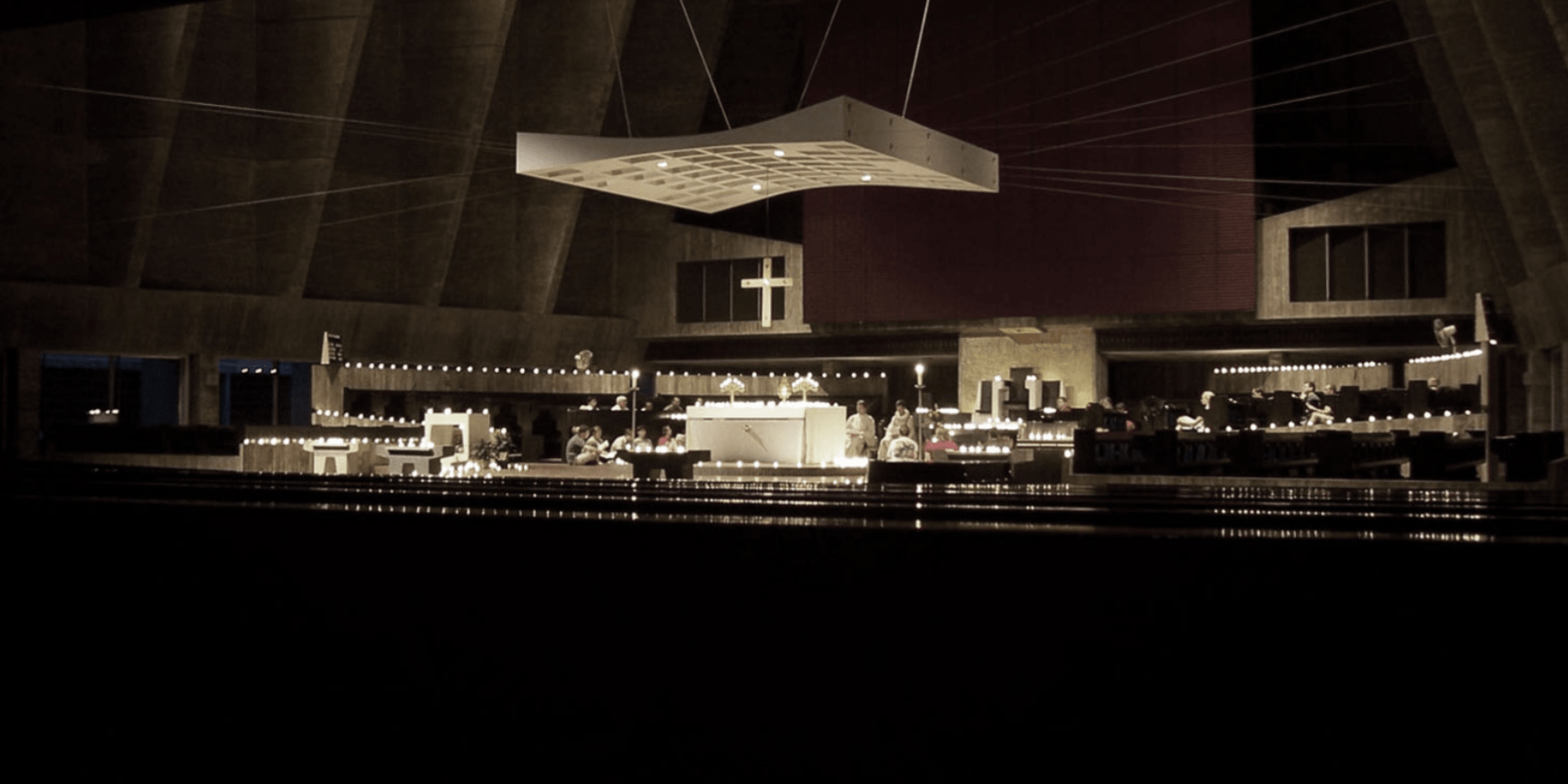


From these beginnings, the attitudes and culture of Tuohy were formed from a culture of eagerness to accept new challenges. Now led by third generation family members Dan and Michael Tuohy, the company’s purpose has remained the same—to provide furnishings that make people’s lives more productive, pleasing, and treasured. Tuohy specializes in quality, personalized wood solutions in casegoods, conference tables, and seating and uses disciplined design, modern engineering techniques, and quality materials to achieve a high level of elegance for some of the largest companies in the world.
